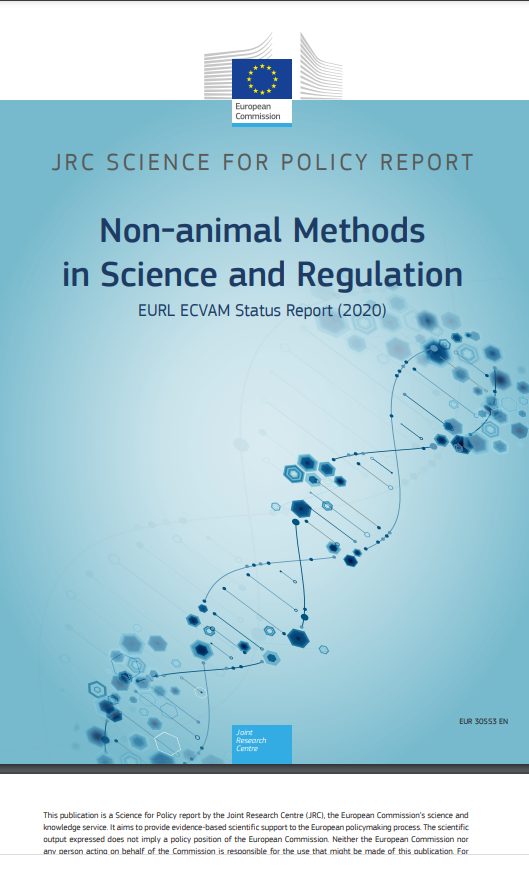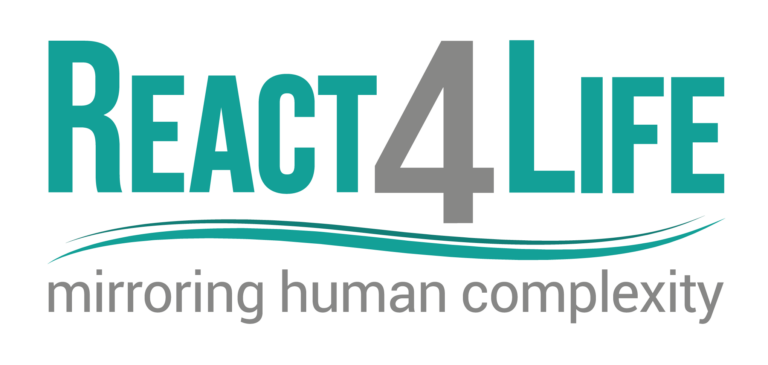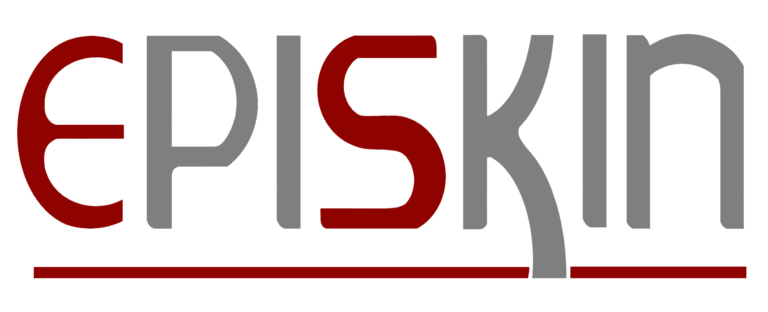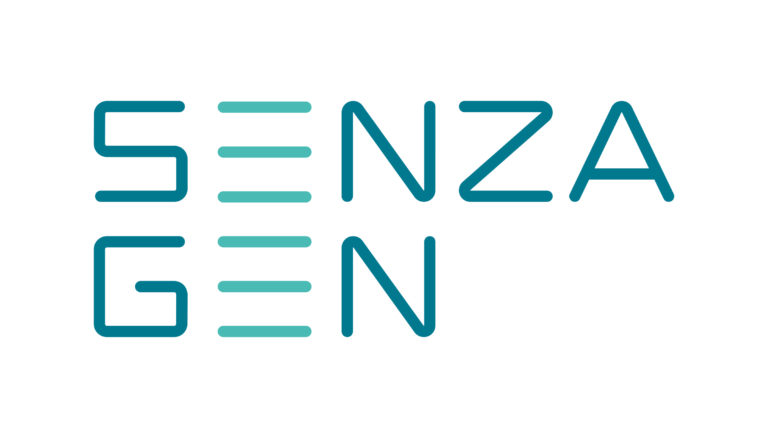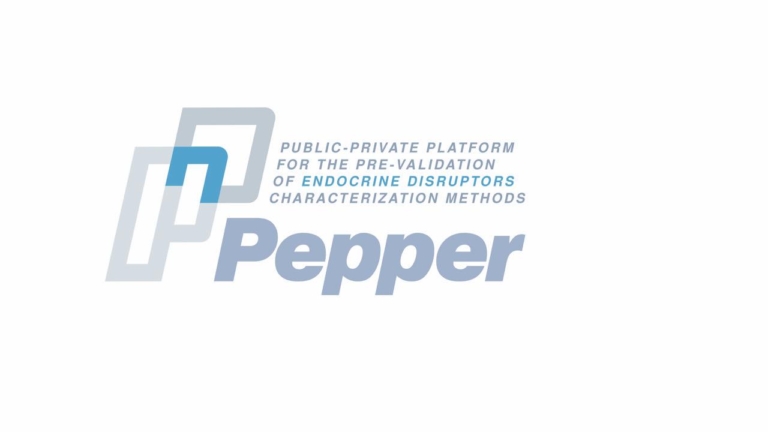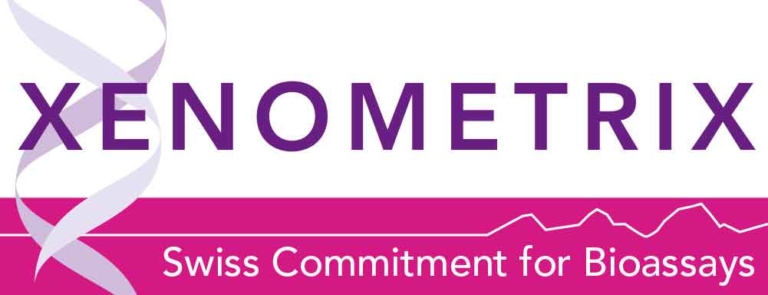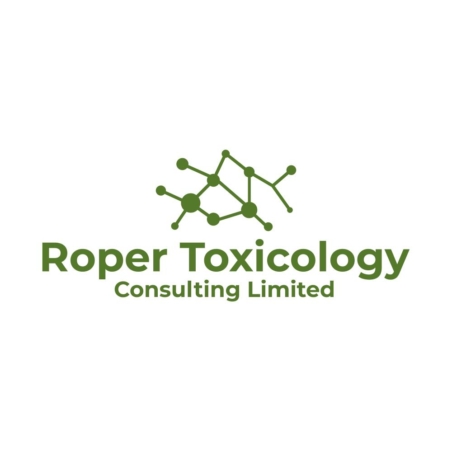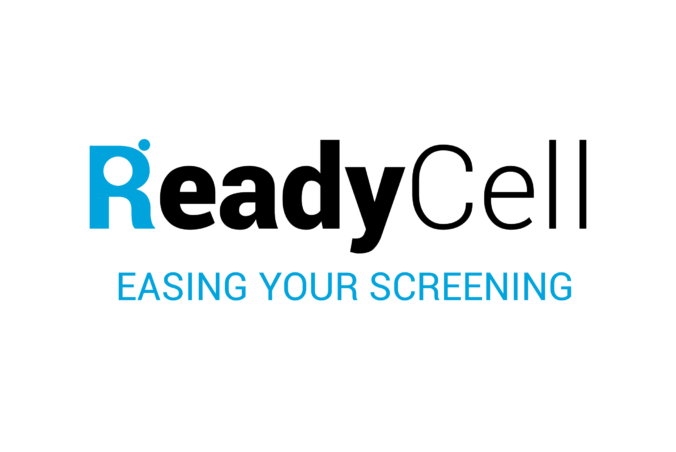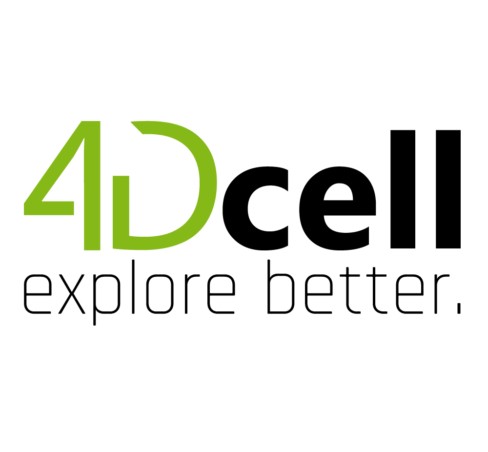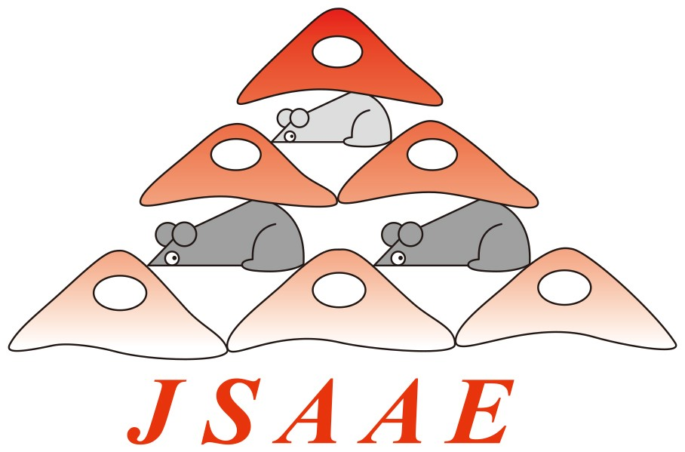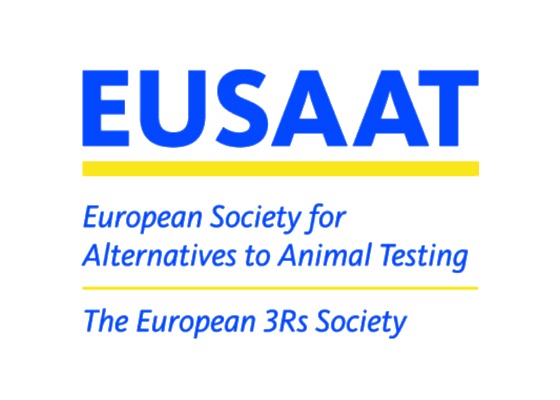The annual EURL ECVAM status report describes research, development and validation activities, as well as initiatives that promote the regulatory use and international adoption of non-animal methods and approaches and their dissemination in the regulatory and research arenas. EU policies and legislation call for innovative and more efficient ways of safety testing and chemical risk assessment that do not depend on animal testing. Advanced technologies such as computational models, in vitro methods and organ-on-chip devices are being developed, evaluated and integrated to translate mechanistic understanding of toxicity into safety testing strategies. The ultimate goal is to achieve better protection of human health and the environment while supporting EU innovation and industrial competitiveness, without the use of animals. The development and use of non-animal models and methods are also essential for advancing basic, applied and translational research. Education also plays an essential role in enabling a shift to non-animal methods through the introduction of the Three Rs (Replacement, Reduction and Refinement of animal use in science) into secondary school curricula and programmes of higher education.
More information at: https://ec.europa.eu/jrc/en/publication/eur-scientific-and-technical-research-reports/non-animal-methods-science-and-regulation
 The ESTIV Members Area
The ESTIV Members Area